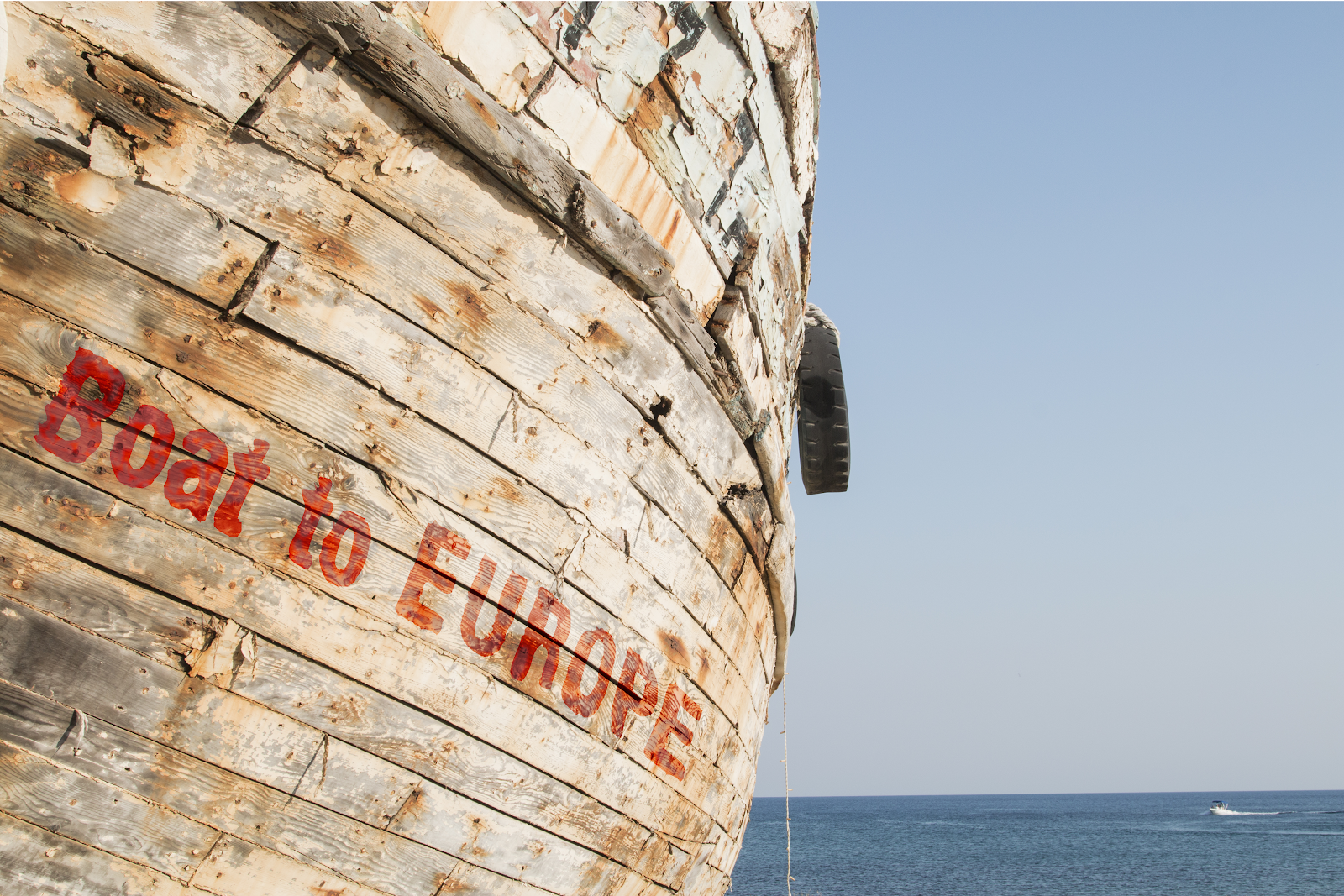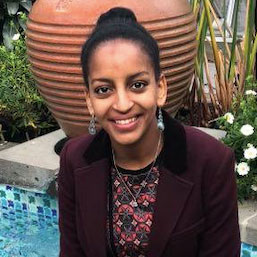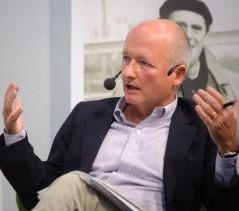Rescue Missions in the Mediterranean and The Real Crises Underneath: A Conversation with Klaus Linsenmeier and Rigat Keleta
Monday, July 20, 202012-1:30 pm Eastern Time (US)
Zoom Webinar
You can watch a recording of this and other CGES webinars by clicking the button above.
About the Event
 Ocean Viking, Open Arms, Sea-Watch, Lifeline - privately funded rescue ships in the Mediterranean are trying to save refugees. The rescue missions are becoming more and more difficult, with captain Carola Rackete arrested last year, and a number of ships seized by authorities over the last three years. Most recently on July 9, 2020, Italy prevented Germany’s Sea Watch 3 from sailing due to “irregularities” (see news story here). Covid-19 adds further complications. Only after it declared an emergency with 180 traumatized migrants on board was the Ocean Viking permitted to disembark in Sicily on July 13. Often captains are forced to negotiate for days for the right of their rescued passengers to come to shore.
Ocean Viking, Open Arms, Sea-Watch, Lifeline - privately funded rescue ships in the Mediterranean are trying to save refugees. The rescue missions are becoming more and more difficult, with captain Carola Rackete arrested last year, and a number of ships seized by authorities over the last three years. Most recently on July 9, 2020, Italy prevented Germany’s Sea Watch 3 from sailing due to “irregularities” (see news story here). Covid-19 adds further complications. Only after it declared an emergency with 180 traumatized migrants on board was the Ocean Viking permitted to disembark in Sicily on July 13. Often captains are forced to negotiate for days for the right of their rescued passengers to come to shore.
It’s typically referred to as “migrant crisis” or “refugee crisis”, but what are the real crises underneath? In recent years, many have fled conflict and poverty in Afghanistan, Syria, and West African countries, trying to reach peaceful, wealthier countries in Europe. Often families send unaccompanied minors in the hope for asylum that would allow the families to follow. Only a few reach their destination. The “Missing Migrant Project” has counted over 20,000 deaths in the Mediterranean since 2014. The European Union’s laws place the burden of border control on the poorer Southern European countries, especially Italy. At the same time the EU has paid billions to Turkey and built camps in North African countries to prevent migrants from attempting to cross the sea, but the condition in these camps have been criticized severely (see here). Libya is an especially perfidious case, where migrants are tortured, enslaved, and killed.
About the Speakers
 Update: We are exceited that Rigat Keleta is joining the event. She is currently working as a legal research fellow at Women Enabled International. She recently graduated from Brandeis University, Heller School of Social Policy and Management.
Update: We are exceited that Rigat Keleta is joining the event. She is currently working as a legal research fellow at Women Enabled International. She recently graduated from Brandeis University, Heller School of Social Policy and Management.
Keleta majored in a dual master's program in Sustainable International Development and Conflict Resolution and Coexistence. She holds a bachelor's degree in Political Science and International Relations in her home country Eritrea.
 Klaus Linsenmeier studied Economics in Berlin and Freiburg, and studied for an MBA at the University Hagen/University of Wales. From 1981 to 1989 he was program director and later member of the Executive Board of medico international (an internationally active human rights and development NGO) in Frankfurt. From 1989-1996 he served as program director with the newly founded Green foundation Buntstift in Göttingen. From 1992-94 he served on the board of directors with the Stiftungsverband Regenbogen/Dortmund, an umbrella organization of German Green foundations.
Klaus Linsenmeier studied Economics in Berlin and Freiburg, and studied for an MBA at the University Hagen/University of Wales. From 1981 to 1989 he was program director and later member of the Executive Board of medico international (an internationally active human rights and development NGO) in Frankfurt. From 1989-1996 he served as program director with the newly founded Green foundation Buntstift in Göttingen. From 1992-94 he served on the board of directors with the Stiftungsverband Regenbogen/Dortmund, an umbrella organization of German Green foundations.
From 1998 to 2000 he was program director with the Heinrich Böll Stiftung in Berlin with focus on development, foreign policy and European affairs. From 2001 to 2008 he was Director of the international division of the Heinrich Böll Stiftung, with then 28 international offices. From 2009 to 2014 he served as executive director of Heinrich Böll Stiftung Northamerica in Washington D.C. From 2015 to 2018 he was director of the European Office of the Heinrich Böll Stiftung in Brussels. In 2019 he was interim director of the Heinrich Böll Stiftung in the Prague office. He co-founded SOS-Mediterranee (NGO for sea rescue in the Mediterrenean and served as a board member) and has a teaching position at Universiät Rostock.